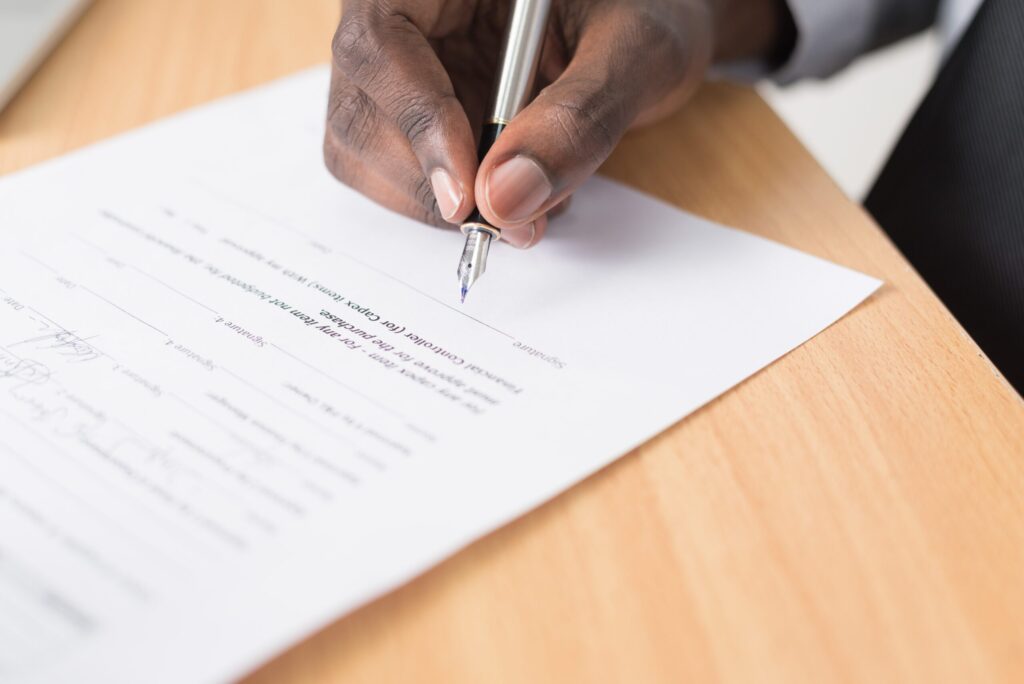If you or someone you know has been injured and is seeking to file a personal injury claim, there are likely many terms that you’ve heard associated with personal injury. In this new series, we’re sharing key terms to know when it comes to personal injury law and cases. One thing that’s important to note is that if you do want to proceed with a personal injury case, it’s crucial that you hire an experienced personal injury attorney.
Read below for our first round of personal injury terms to know, and be sure to follow along on social media for more key legal terms to be aware of.
Negligence
At the heart of all personal injury cases, whether they be an automobile accident, dog bite, or negligent security, is negligence. Negligence is the failure to use reasonable care, which is the care that a reasonably careful person would use under like circumstances. Negligence is doing something that a reasonably careful person would not do under like circumstances or failing to do something that a reasonably careful person would do under like circumstances. When it comes down to it, generally speaking, negligence is carelessness. Unfortunately, in cases of personal injury, this negligence and carelessness often causes injury or damage. Negligence can often be difficult to prove, which is why victims need to seek the counsel of an experienced personal injury attorney. Attorneys with track records of successfully representing victims know key ways to prove negligence and what to look for when building a case.
Claim
In personal injury scenarios, a claim is a civil action related to physical or mental damages suffered by the plaintiff, or in some cases, such as wrongful death, by parties on behalf of the victim. Once a personal injury attorney has spoken with the plaintiff and determined that they have a strong case, they will proceed with filing a claim.
Greater Weight of the Evidence
Greater weight of the evidence, means that the plaintiff in a civil case must prove that the defendant caused the injury. Just like negligence, this is key to winning a personal injury case as a plaintiff. It’s important to note that the plaintiff does not need to prove it with 100 percent certainty, but must prove greater than 50 percent.
Damages
This is an important one. Damages are defined as the payment that a victim would recover in a personal injury case. In a general negligence case, the type of damages that can be pursued are past medical expenses, future medical expenses, past lost wages, loss of future earning capacity and past and future pain and suffering.
Contact Boltz Legal now
If you’ve been injured in an accident and are ready to proceed with a personal injury claim, contact Brooke Boltz today. Brooke is a seasoned, experienced personal injury attorney in Orlando who fights for her clients to get the results they’re entitled to. If you believe you have a personal injury case, schedule your free phone consultation with Brooke today.
Fear no storm. Boltz Legal is here for you.

